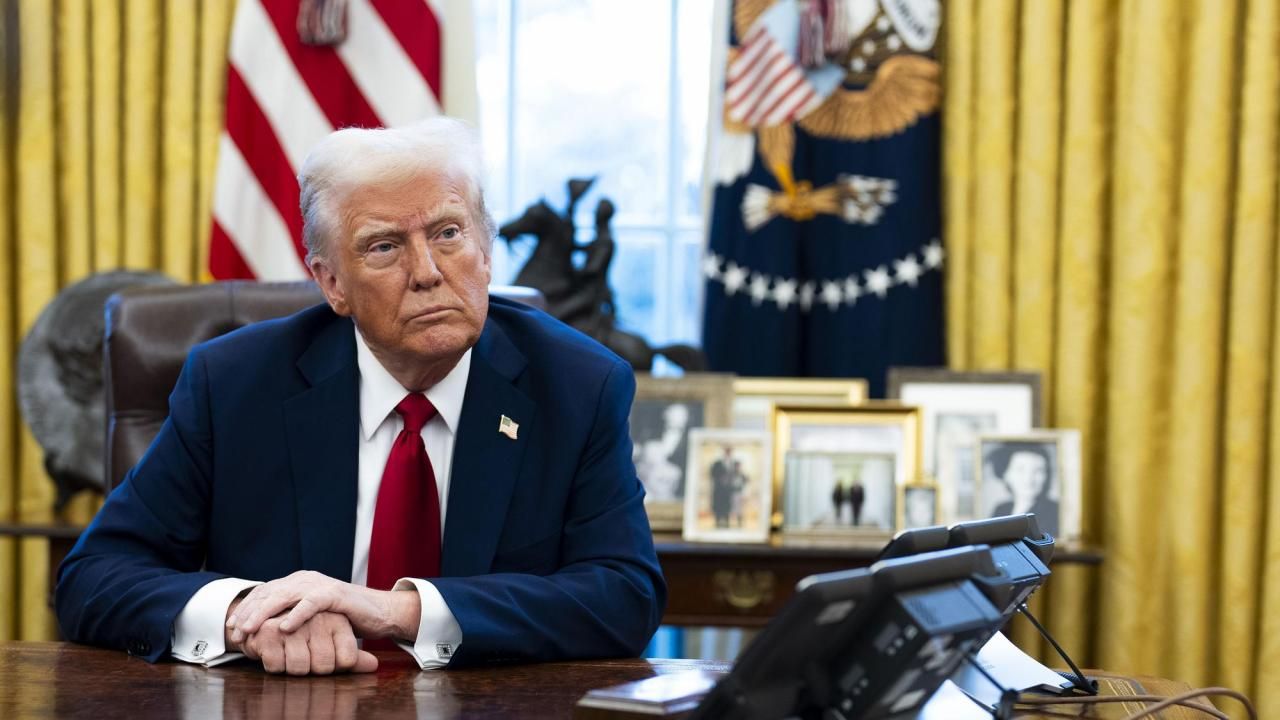Southeast Asia Reacts to U.S. Tariff Policies


U.S. President Donald Trump’s aggressive trade strategy, including tariffs on Chinese goods and threats of similar measures against Canada and Mexico, is reshaping global dynamics and prompting ASEAN member states to balance optimism for closer bilateral ties with concerns over potential economic and geopolitical challenges.
Malaysia aims to open a wider network of trading partners and expand trade relations with China, Russia, and Brazil. In a statement to Parliament of February 4, Prime Minister Anwar Ibrahim emphasized his diversified trade approach to reduce reliance on the United States, citing that Malaysia “could not act hastily in countering tariffs as there remained many geopolitical uncertainties.”
As a major global trading hub, Singapore faces significant risks from tariff wars between the world’s two biggest economies. With deep economic ties to both the United States and China, Singapore has historically maintained a neutral stance in geopolitics and remains focused on maintaining stability while attracting investments. Addressing Parliament, Foreign Minister Vivian Balakrishnan warned of challenges in the months or years to come but anticipated that Singapore will unlikely be on the hit list for direct tariffs as the United States enjoys a surplus with the country. In a separate statement, Prime Minister Lawrence Wong touted good ties with Washington but also highlighted the need to reinforce trade links with other countries.
The Philippines is taking proactive measures in response to tariffs that could potentially threaten the country’s exports. In a statement, Department of Trade and Industry Secretary Cristina Roque said that the Philippines will work closely with the Trump Administration to find solutions, including preferential trade agreements, that are mutually beneficial to both countries. She further stressed that free and open trade is essential for economic growth and development in the Philippines. Meanwhile, President Ferdinand Marcos Jr. is seeking to meet President Trump on defense and immigration.
While President Trump’s statements on tariffs are shocking to Indonesia, Deputy Trade Minister Dyan Roro Esti Widya Puri asserted that Indonesia can maximize its market potential by taking a measured stance of seeking more trade delays and tightening protection for local manufacturers from cheap imports. Indonesia is further responding to Trump’s tariff policies by intensifying trade negotiations with countries like Peru, Canada, and India.
Thailand remains a potential target for tariff hikes as it is one of the countries in Southeast Asia that enjoys a large trade surplus with the United States. Prime Minister Paetongtarn Shinawatra has ordered a study on the potential impact of U.S. trade policy on Thai exports. Furthermore, Thailand intends to narrow its trade gap with the United States by importing 1 million tons of ethane in the second quarter of this year.
Vietnam is bracing for fallout from U.S. tariffs on Chinese goods and expressed its readiness to engage the United States with the determination to adhere to international legal frameworks and trade commitments while contributing to healthy global trade. Prime Minister Pham Minh Chinh instructed his cabinet to prepare for the possibility of a global trade war, citing that the situation is "developing very unpredictably, directly affecting our country, especially on exports, production and business, and the macro economy.”
While certain countries or industries might gain from policy changes, the broader effect is likely to disrupt global trade and increase uncertainty for Southeast Asian economies. A February 2025 study by Nomura highlights that in Asia, U.S. universal tariffs pose the greatest threat to Vietnam, Thailand, Malaysia, and Singapore.